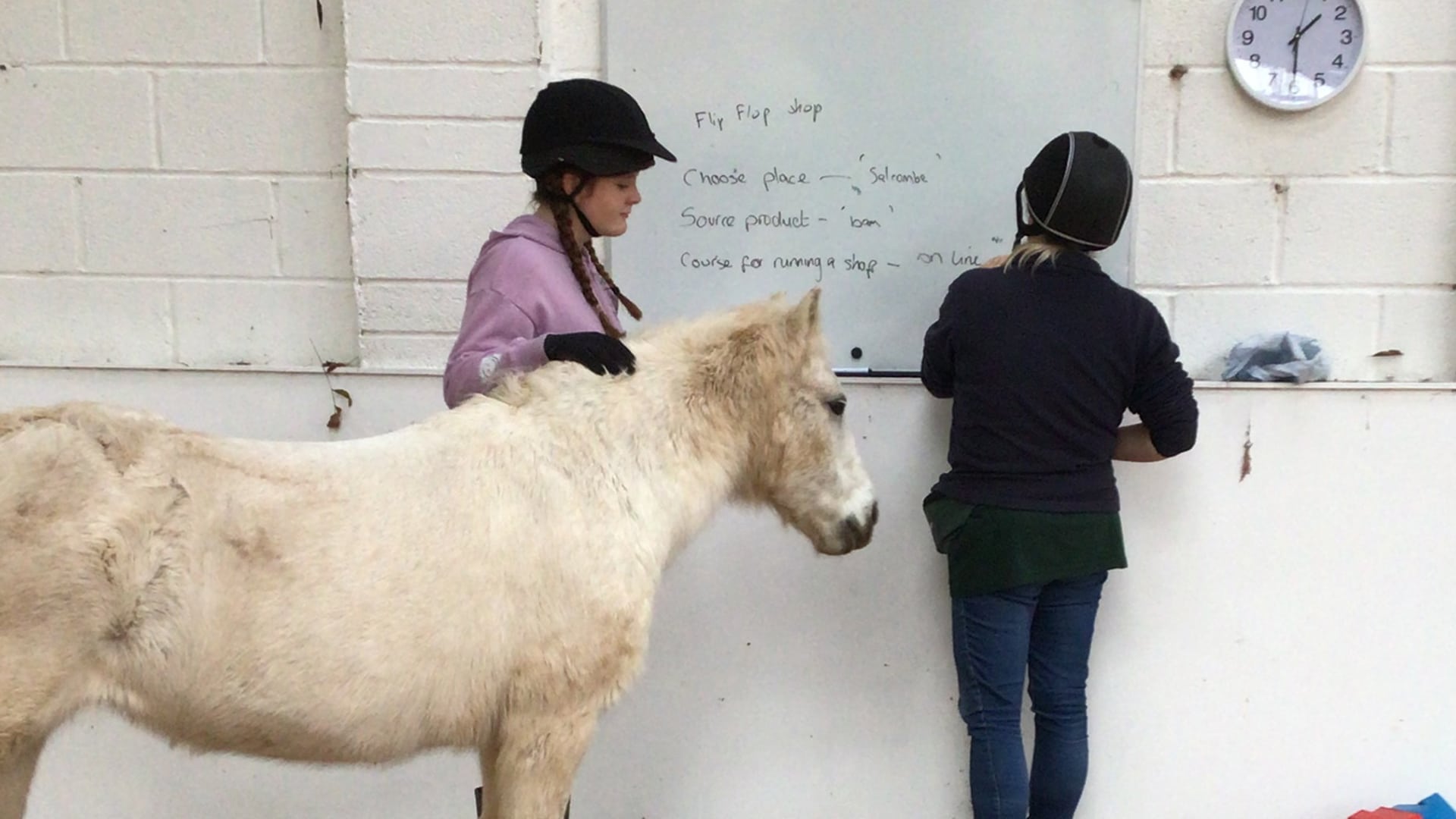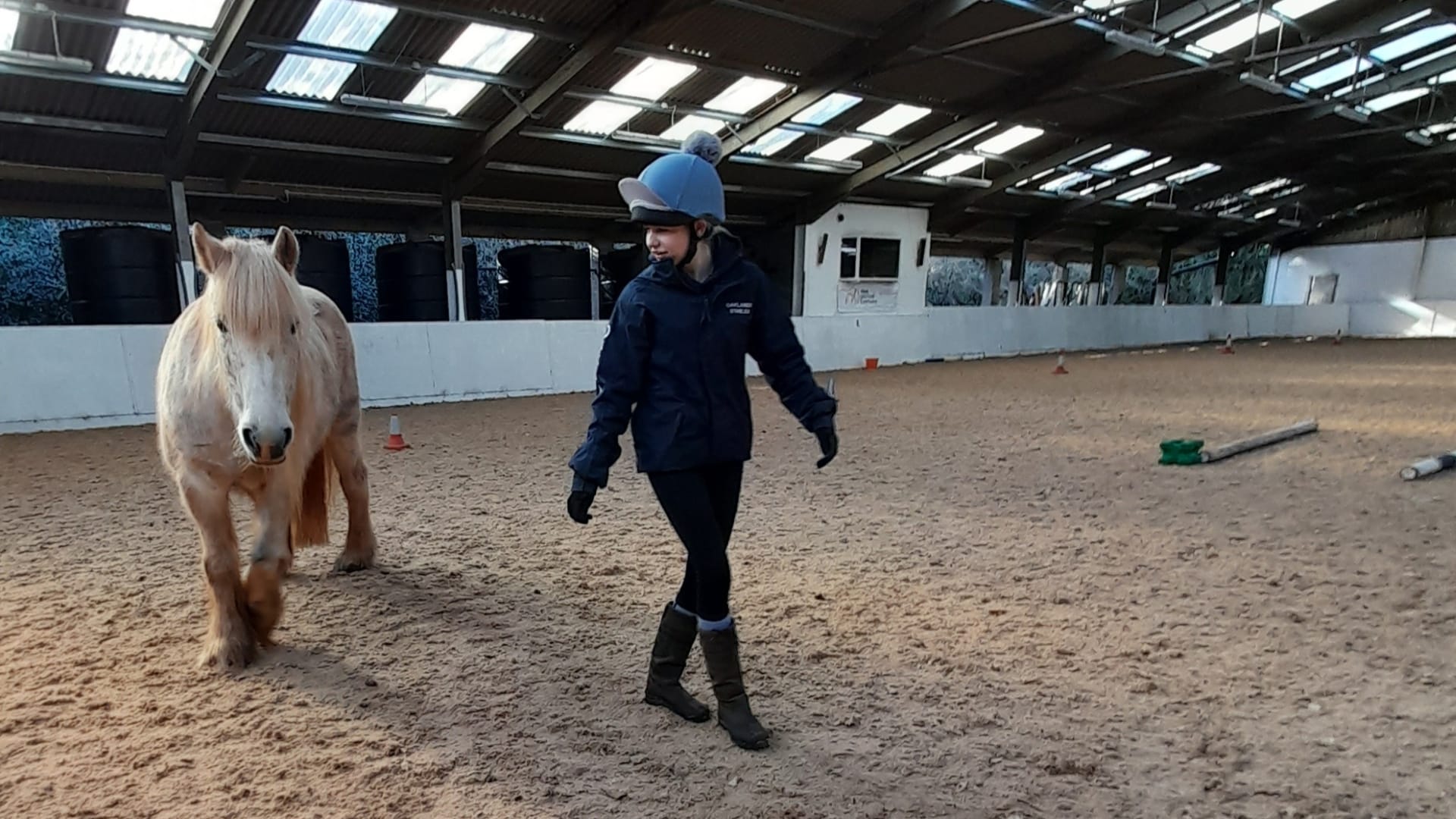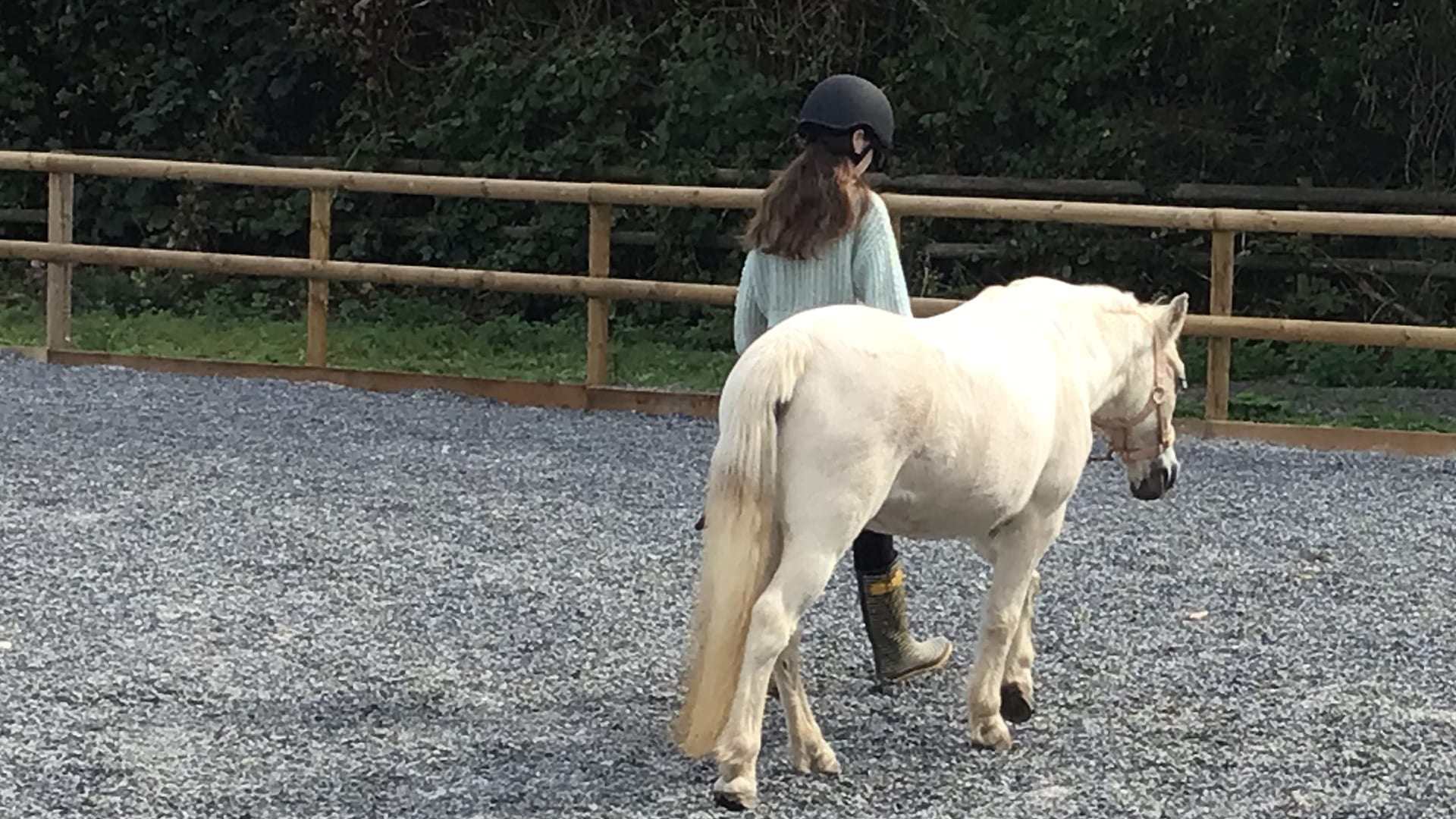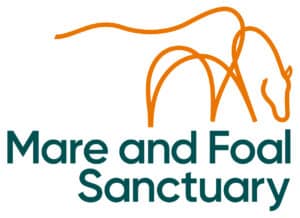Our evidence-base, impact and outcomes
In 2022:
124 people attended one to one equine assisted learning, equine assisted wellbeing and equine assisted activity sessions with our rescued horses and ponies
398 sessions were delivered by our qualified equine assisted learning facilitators
Success stories
- “With the support of The Mare and Foal Sanctuary my daughter’s confidence and mental health has improved tremendously. She always comes home feeling positive and good about herself, which is beautiful to see.” Parent of an equine assisted learning participant, 2023
- “Powerful, emotional and a reminder to push myself.” An equine assisted learning participant, 2022
- “They just have a way of just knowing what you’re feeling without saying anything.” A participant in ‘This Girl Can Exercise with Equines’ programme, 2021
- Our work with Sport England to provide ‘This Girl Can Exercise with Equines’ can be viewed on BBC News
- ‘”The difference we have seen in school is immeasurable.” Headteacher of Kingswear Primary School where a pupil is attending our equine assisted learning sessions, 2023
You can read more about the lived experience of our participants here.
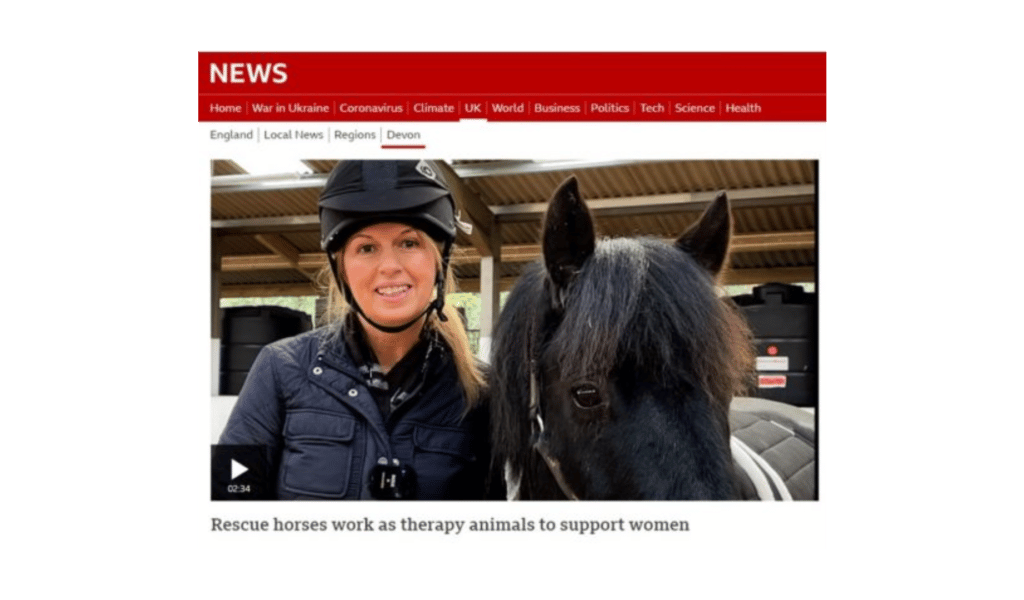
Benefits of equine assisted learning:
- Self-awareness
- Self-management
- Social awareness
- Relationship skills
- Decision making
- Personal and professional growth
- Improved psychosocial and emotional management skills
- Deeper empathy and reduced conflict
- Increased resilience
- Development of reflective learning skills to plan positive next steps moving forwards
Benefits of equine assisted wellbeing:
Equine assisted wellbeing sessions help improve overall wellbeing including:
- Increased resilience
- Developing a sense of independence
- Improved self-esteem
- Improved self-confidence
- Increased empathy
Benefits of equine assisted activities:
- Increased self-confidence
- Positive attachment and relationships
- Increased resilience
- A clear sense of responsibility
- A genuine sense of personal achievement and meaningful contribution
Working with the University of Plymouth
Our Equine Assisted Services are evaluated for their effectiveness and to identify their outcomes and impact. This includes our collaboration with the University of Plymouth’s Psychology department who provide independent external evaluation of our Equine Assisted Services.
University of Plymouth, independent service evaluations said:
“The intervention was found to be effective and helpful for the participants. Moreover, the positive results agreed with previous research and thus it is an addition to it.”
“The study has proved that the ‘frontline worker wellbeing project’ is successful in their goals to improve the psychological and social wellbeing of the frontline workers after being negatively impacted at their workplaces during the covid-19 pandemic.”
During the last two academic years from 2021-2022 and 2022-2023, we have been working closely with the Mare and Foal Sanctuary to provide an evaluation of some of their existing services and conducting research to further the understanding of the evidence base for Equine-Assisted Learning.
Here in the School of Psychology at the University of Plymouth, we feel it is important to work with local organisations to support them in evaluating their service data so that we can identify the significant improvements such organisations are making to people’s lives. The two completed reports focus on an evaluation the Frontline workers programme run by the Mare and Foal Sanctuary and the work they have done in providing an intervention under the umbrella of the ‘This Girl Can’ Sports England campaign.
We have been honoured to work with the team and look forward to continuing our collaboration in the future.
Dr Alyson Norman (Associate Professor in Clinical and Health Psychology; MSc/MPsych Clinical Psychology Lead)
Dr Alison Bacon (Associate Professor in Psychology; Associate Head for Teaching & Learning).
Equine Assisted Services
Our Programmes
Our Standards
Get Involved



